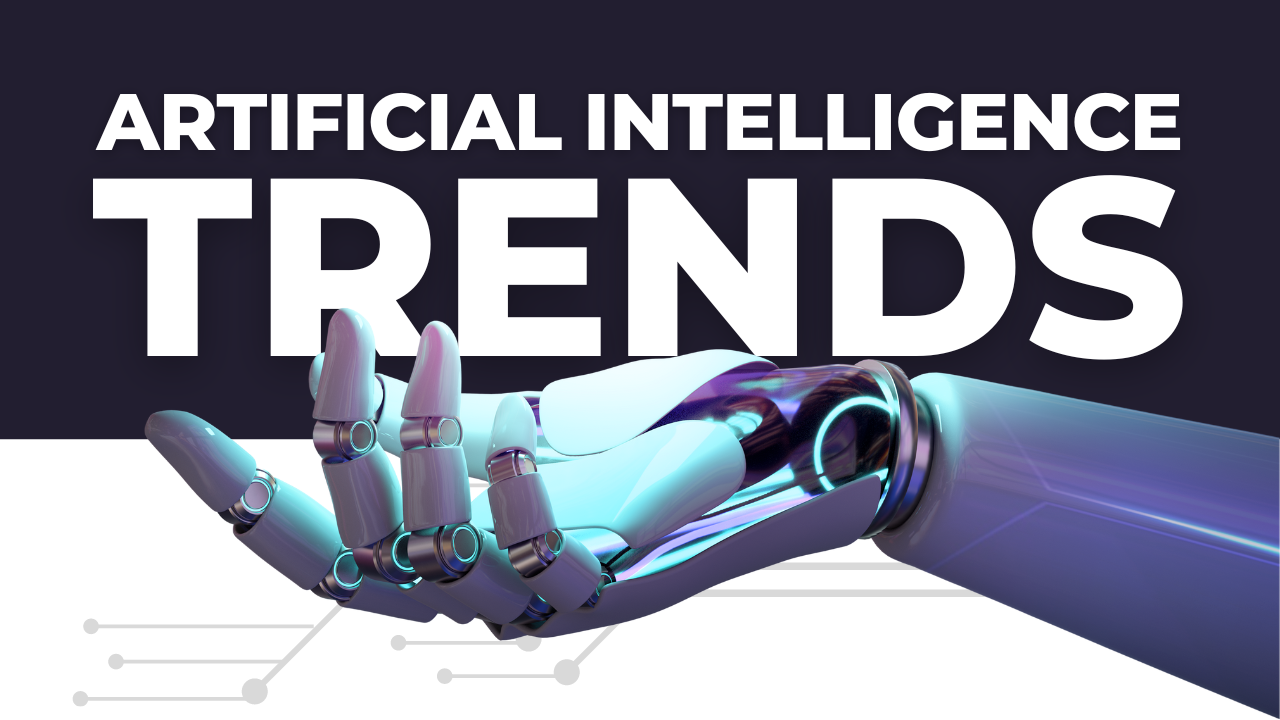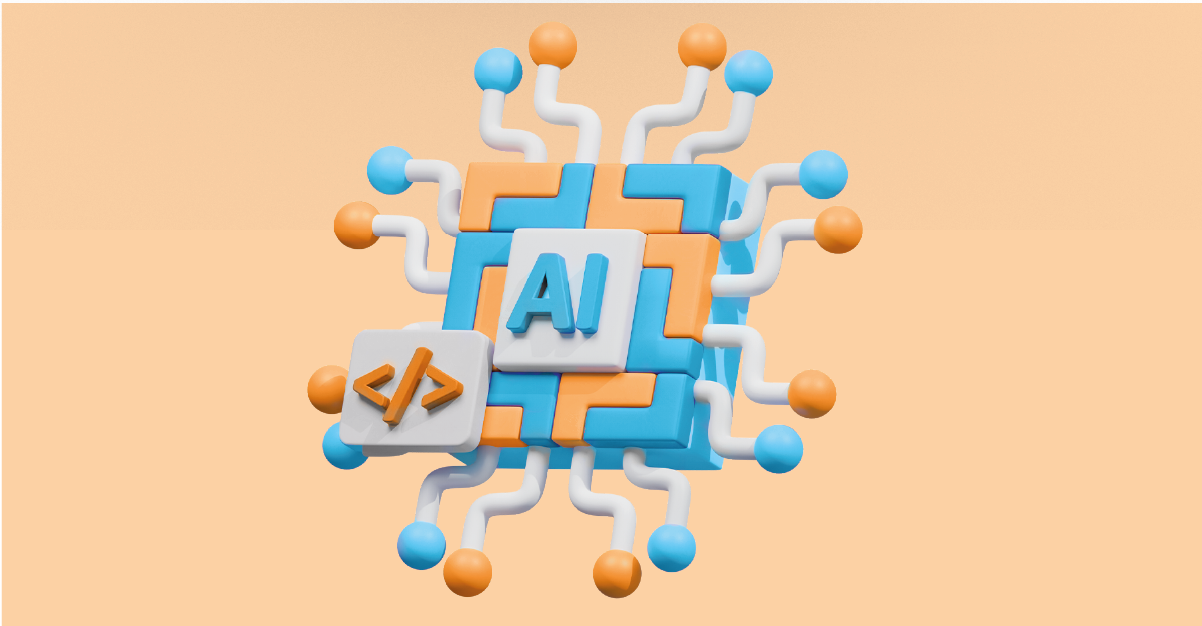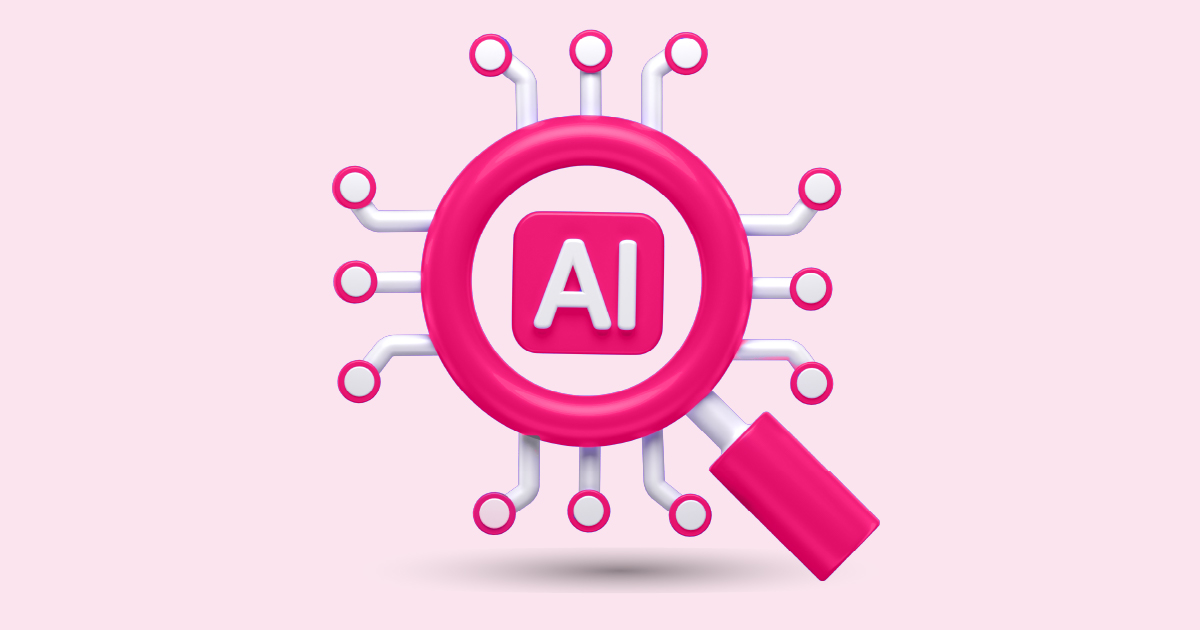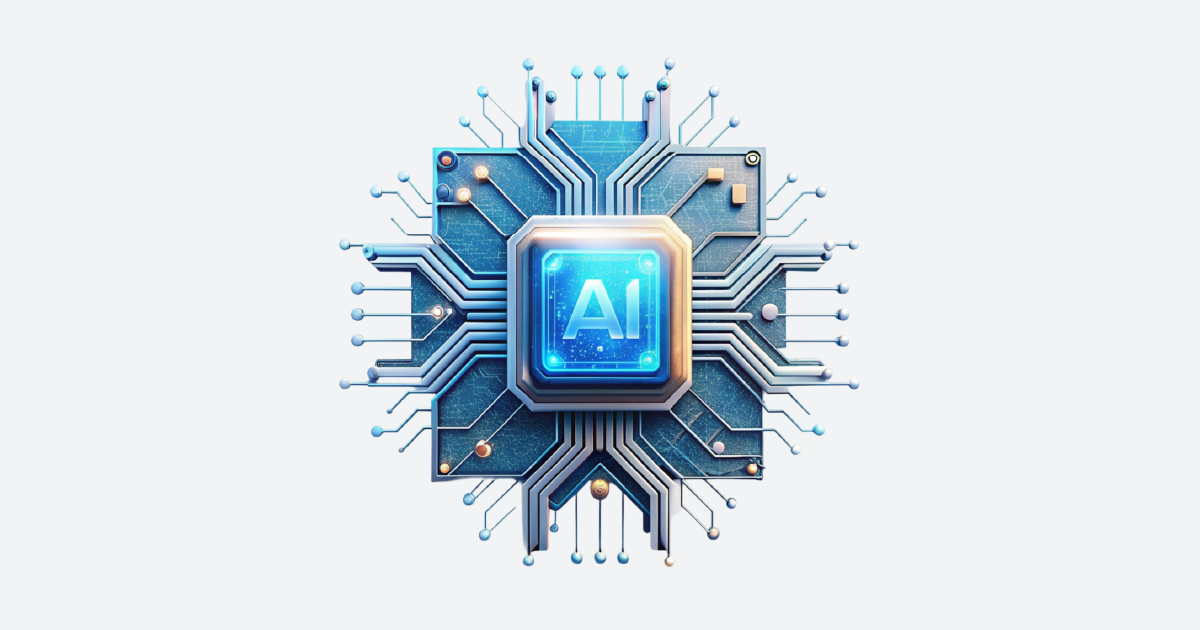Artificial Intelligence (AI) is revolutionizing industries at a pace we’ve never seen before. With advancements coming thick and fast, it’s crucial to keep up with the latest trends to stay ahead. Let’s dive into some of the most significant AI latest trends shaping our world today.
AI Latest Trends: Navigating the Future of Technology

1. Generative AI: The Top AI Latest Trends
Generative AI is one of the hottest topics right now. Tools like OpenAI’s GPT-4 and Google’s Bard are transforming how content is created, from text and images to music and video. These models can generate highly realistic content, sparking discussions about creativity, ethics, and potential applications across industries.
2. AI in Healthcare
AI’s role in healthcare is expanding rapidly. From early disease detection using machine learning algorithms to personalized treatment plans, AI is enhancing medical precision. For instance, AI can analyze medical images to identify potential issues faster than human doctors, potentially saving lives by catching conditions early.
3. Natural Language Processing (NLP)
NLP continues to evolve, enabling more sophisticated human-computer interactions. Recent improvements mean AI systems can understand context, tone, and nuance better than ever before. This is leading to more intuitive virtual assistants and chatbots, capable of providing meaningful support across customer service, education, and beyond.
4. AI Ethics and Regulation
As AI becomes more powerful, ethical considerations and regulatory measures are gaining importance. Discussions around data privacy, algorithmic bias, and transparency are leading to new regulations. The European Union’s AI Act, for example, aims to ensure AI systems are used responsibly, emphasizing human rights and safety.
5. AI and the Internet of Things (IoT)
The integration of AI with IoT devices is creating smarter, more efficient environments. AI algorithms process data collected from IoT devices, allowing for real-time decision-making. This trend is particularly evident in smart homes, cities, and industries, where AI optimizes energy use, improves security, and enhances user experiences.
6. AI in Cybersecurity
Cybersecurity is becoming more reliant on AI to predict and counter threats. AI systems can analyze patterns to detect anomalies, providing early warnings of potential breaches. This proactive approach is essential in safeguarding sensitive data and maintaining trust in digital systems.
7. AI for Sustainability
AI is playing a key role in addressing environmental challenges. From optimizing energy use to predicting natural disasters, AI is helping create more sustainable solutions. For example, AI can analyze satellite data to monitor deforestation or predict weather patterns, aiding in disaster preparedness and response.
8. Autonomous Systems
Autonomous systems, such as self-driving cars and drones, are becoming more common. Advances in AI are improving the reliability and safety of these technologies. While widespread adoption is still on the horizon, the potential benefits for transportation and logistics are immense.
9. AI in Education
AI is transforming education by offering personalized learning experiences. Intelligent tutoring systems adapt to individual learning styles and paces, making education more accessible and effective. AI also assists educators by automating administrative tasks, allowing them to focus more on teaching.
10. Quantum AI
Quantum computing and AI are converging, promising breakthroughs in computational capabilities. Also, quantum AI could solve complex problems that are currently beyond the reach of classical computers, opening new possibilities in areas like drug discovery, cryptography, and optimization.
Conclusion
AI latest trends continue to evolve, so it’s crucial to harness its potential for your business. Discover how AIM Technologies can help you stay ahead of the curve. Request a demo today and see firsthand how our innovative solutions can transform your operations. Contact us to explore the possibilities!
FAQs about AI Latest Trends
1. What is Generative AI?
Generative AI refers to algorithms that can create new content, such as text, images, or music, based on input data. These models learn patterns from existing data and use them to generate similar content, offering innovative solutions in various fields like art, design, and entertainment.
2. How is AI transforming healthcare?
AI is revolutionizing healthcare by improving diagnostics, personalizing treatment plans, and enhancing patient care. Machine learning algorithms analyze medical data to detect diseases early, assist in medical imaging, and optimize hospital operations, leading to more efficient and effective healthcare systems.
3. What advancements are happening in Natural Language Processing (NLP)?
NLP advancements include an improved understanding of context, sentiment, and nuance in human language. These improvements enable more sophisticated chatbots and virtual assistants, making interactions more intuitive and effective in customer service, education, and other applications.
4. Why are AI ethics and regulations important?
AI ethics and regulations ensure that AI technologies are used responsibly, protecting human rights and safety. They address concerns like data privacy, algorithmic bias, and transparency, promoting trust and accountability in AI systems.
5. How does AI enhance the Internet of Things (IoT)?
AI enhances IoT by processing data from connected devices in real-time, enabling smarter and more efficient environments. This integration leads to optimized energy use, improved security, and better user experiences in smart homes, cities, and industries.
6. In what ways is AI used in cybersecurity?
AI in cybersecurity helps detect and counter threats by analyzing patterns and identifying anomalies. This proactive approach allows organizations to respond quickly to potential breaches, safeguarding sensitive data and maintaining trust in digital systems.
7. How is AI contributing to sustainability?
AI contributes to sustainability by optimizing resource use, predicting environmental changes, and aiding in disaster response. AI-driven solutions help monitor ecosystems, manage energy consumption, and support sustainable development efforts globally.
8. What are autonomous systems, and how are they evolving?
Autonomous systems, like self-driving cars and drones, are becoming more reliable and safe due to AI advancements. These technologies have the potential to revolutionize transportation and logistics, offering increased efficiency and reduced human intervention.
9. How is AI impacting education?
AI impacts education by providing personalized learning experiences and automating administrative tasks. Intelligent tutoring systems adapt to individual student needs, while educators can focus more on teaching and student engagement.
10. What is Quantum AI, and why is it important?
Quantum AI combines quantum computing with artificial intelligence to tackle complex problems beyond classical computing capabilities. This convergence promises breakthroughs in fields like drug discovery, cryptography, and optimization, unlocking new possibilities for innovation.




